The Texas Hold ‘Em bug has truly arrived in Asia and its tentacles are spreading throughout the region. Nowhere is this more evident than in the casinos of Macau – Asia’s gambling hub.
For those who have not been to Macau, the town is Baccarat City: of its gross gaming revenue, 87.6 percent is derived from baccarat alone! Bottom line: Asians, and in particular the Chinese, love card games and have been playing them for centuries. Some experts believe that this is where the game of poker originated: History books detail that the Chinese emperor Mu-Tsung played ‘domino cards’ with his wife on New Year’s Eve in 969 AD. So to some, Poker is simply returning home to its original roots after several centuries, having travelled around the world undergoing multiple modifications along the way.
While many people still say that Las Vegas is the world’s gambling mecca, a closer look at the facts shows otherwise. In 2006, Macau overtook Las Vegas in terms of gambling revenue. In the first half of 2008, Macau’s casinos reported $7.4 billion in gross revenues, which is substantially more than the $6 billion revenues reported by the entire state of Nevada for the same period! Also, a gaming table in Macau reportedly turns over seven times more revenue than one in Las Vegas!
Twenty months ago, you could not find a single poker table anywhere in Macau. Today, that number stands at more than 50 tables spread between three casino operators – Lisboa, The Galaxy StarWorld, and the Wynn Hotel and Casino.
What is exciting is that traditional baccarat players in Macau are being drawn to poker. They want to learn the game and they want to excel.
At the tables overseas Chinese from Canada, US and UK are sitting with local poker players from China and Hong Kong; add to this a growing number of Singaporean, Malaysian, American and European players and every poker table has a truly international feel.
Another common element at the poker rooms are the number of observers enthusiastically watching and looking to learn the game.
Both online and land-based poker operators have definitely noticed the growth potential of Asia and all the big operators are becoming more active. One indication is the major tournaments being now being held in the region. The two best examples are the Asian Poker Tour (APT) and the Asia Pacific Poker Tour (APPT). Both tours attract hundreds of players from all over the world at each of their tournaments, which include annual stops in Macau and Manila among others. In fact, the Asian Poker Tour’s last Macau event attracted players from over 40 countries as well as internationally renowned poker legends such as Doyle Brunson, Johnny Chan, and John Juanda. This year’s Asian Poker Tour Macau takes place from 12-23 of August at the StarWorld Hotel – and is being billed as Asia’s biggest poker event: Asia’s Festival of Poker with poker tournaments and events running everyday for 12 days.
Bigger and better poker tournaments are not the only signs of the rise of poker in Asia. The biggest sign may be the fact that Asian players are appearing in increasing numbers at all levels of poker and many of today’s emerging top poker pros are of Asian descent. The list includes John Phan, the top ranked player of 2008, as well as Men Nguyen, David Pham, JC Tran, Nam Le, and Quinn Do. The latter three have recently been appointed as Ambassadors to the Asian Poker Tour representing the tour at other major poker events around the world as well as having the mandate to promote the game of poker throughout Asia.
What is certain is that poker is booming in Asia and it is not going to be long before we see players from Japan, Korea, the Philippines and China winning the most prestigious championship titles and the numerous $1m plus prize monies now available on the international poker circuit!
Check the direct link to the article, Poker Boom in Asia.
By Jeff Mann
Jeff Mann is the marketing director of AsianLogic, an online and land-based gambling firm focused on Asia Pacific markets. He has worked as a marketing and public relations professional in the region for over 30 years.

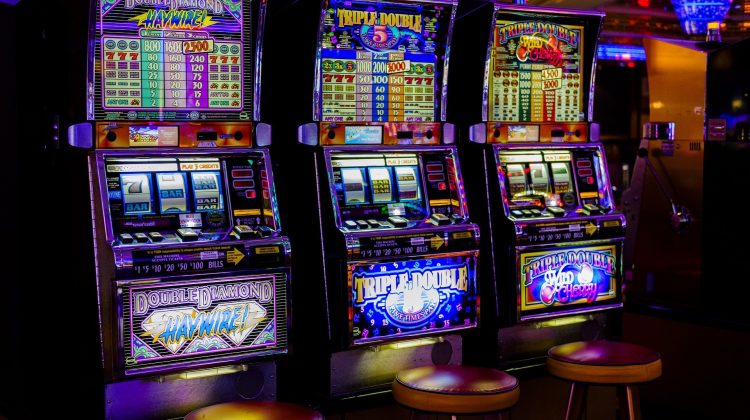

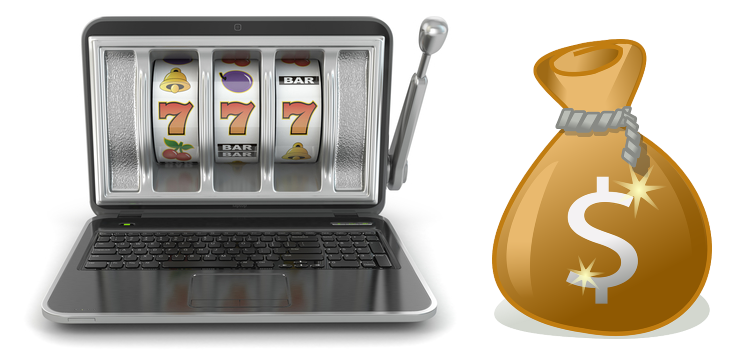




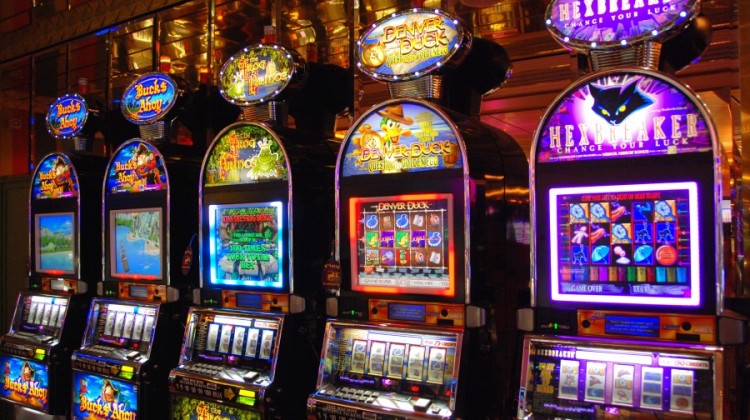
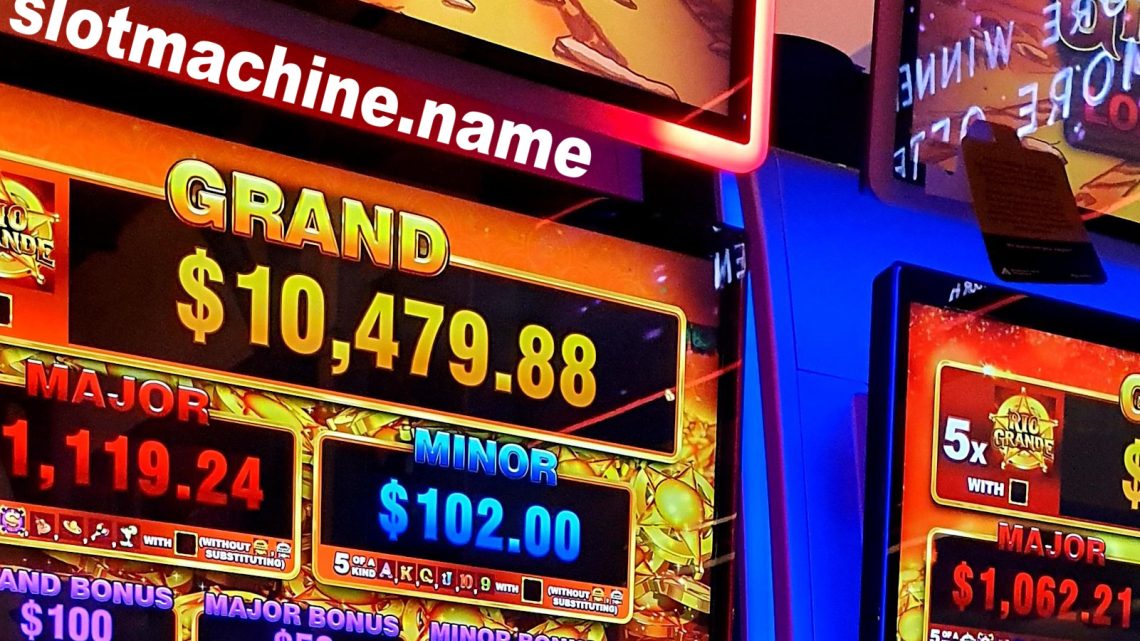
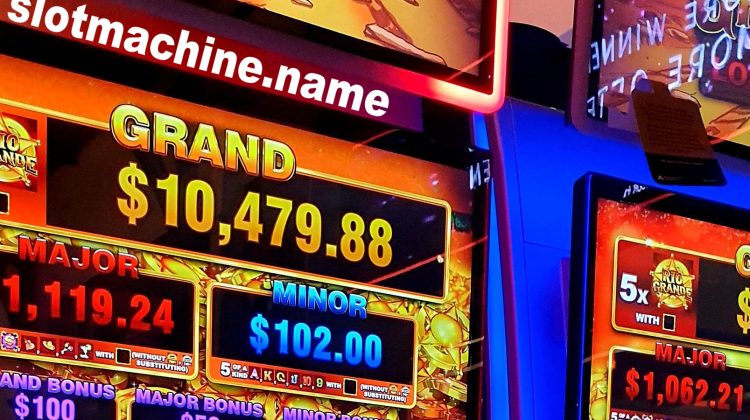
No Comment